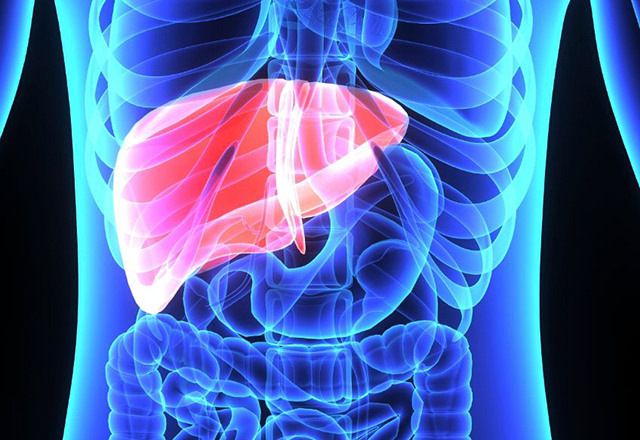By Abigail Brooks, MA
Findings presented at ASN Kidney Week 2023 highlighted an association between distance to the transplant center and increased clinic cancellations.
Transportation insecurity may pose a significant barrier to care and contribute to worse health outcomes and post-transplant follow-up care in pediatric transplant recipients, according to findings from a retrospective cohort study.
Presented at the American Society of Nephrology Kidney Week 2023, results showed greater distance to the transplant center was associated with more clinic cancellations, which investigators pointed out could cause delayed care resulting in negative effects on transplant health.1 Read the complete article in HCP Live.







